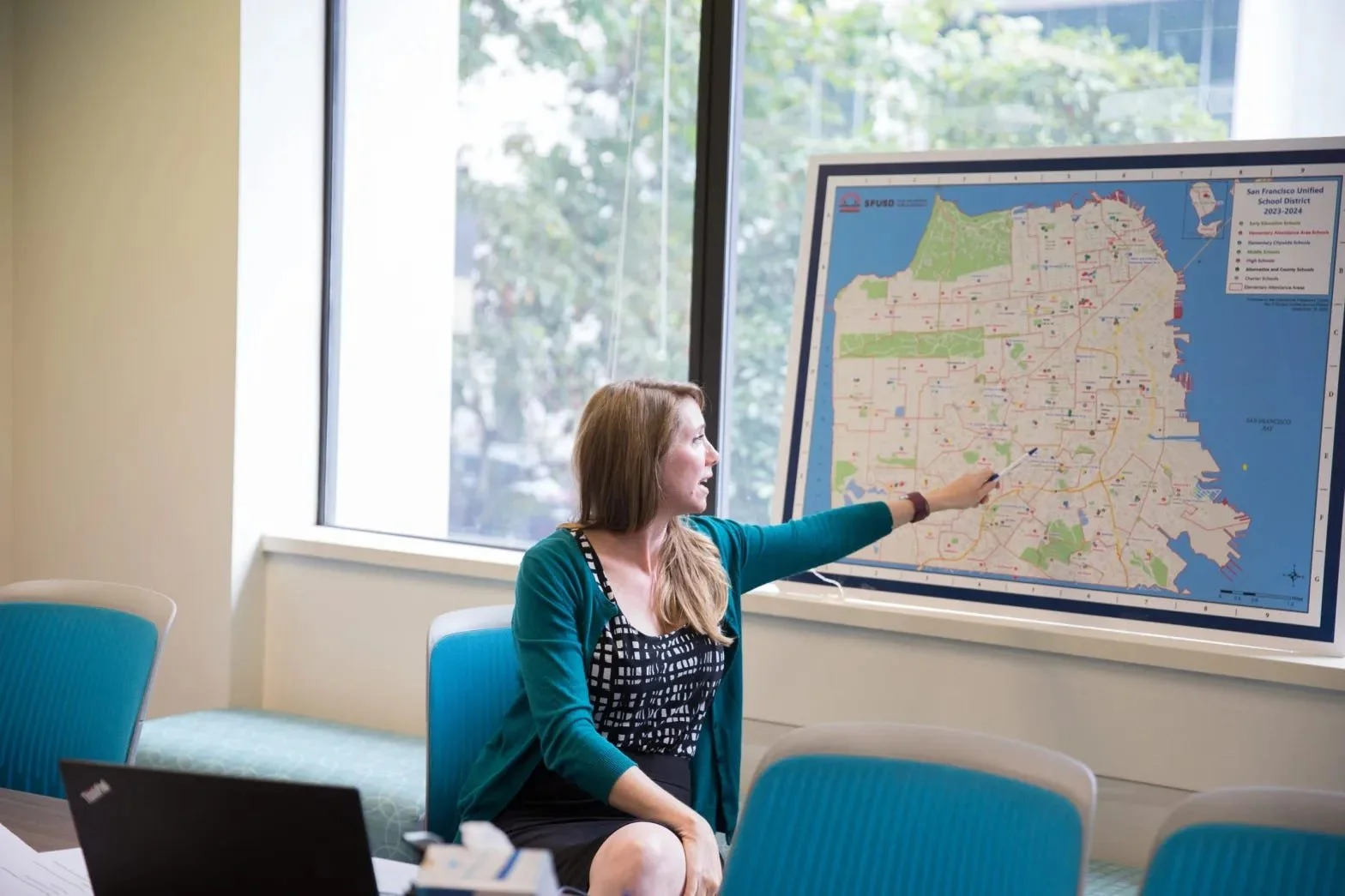Dear Loyal Readers,
August has arrived. This means (at least) three things are true:
It’s my birthday tomorrow. (Because I’m a Leo, I’ll be celebrating all month.)
School is starting soon (very soon).
You deserve a blockbuster issue. Because why not?
We’ve had a ton of new subscribers lately, so before launching into today’s issue, I want to say thank you for signing up. Welcome to Article Club. We’re a kind, thoughtful reading community that believes that reading and discussing the best articles on race, education, and culture will grow our empathy.
One thing we do here (if you’re interested) is a deep dive on one article a month. We read it, annotate it, listen to the author’s viewpoints on it, and discuss it on the last Sunday afternoon of the month, on Zoom.
That’s what today’s issue is all about. No matter if you’re a new or longtime reader, I encourage you to participate. If you’re feeling extra bold, why not sign up now, even before I reveal the article?
Join our discussion on August 25
All right, in case you need more information before you take the leap, I’m excited to announce this month’s article: “Is the hardest job in education convincing parents to send their kids to a San Francisco public school?” Written by Gail Cornwall and published in The Hechinger Report, the article is perfect for us to discuss as we head into the new school year.
If public schools matter to you, if you’re a parent or a teacher, if you care about issues of race and class, if you are feeling hopeless, if you want to feel hopeful, if you worry about whether public schools will survive — this article might be for you.
Here’s what you can expect in today’s issue:
My blurb about this month’s article
Some information about the author
A double feature podcast episode: interviews with both the author of the article, Gail Cornwall, and the subject of the article, Lauren Koehler
Information on what comes next if you want to join us this month
All right, let’s get to it. 📖
Is the hardest job in education convincing parents to send their kids to a San Francisco public school?
Traditional public schools are in a bit of trouble. Between the pandemic, private schools, charter schools, virtual schools, homeschooling, unschooling, and school refusal, does your neighborhood school stand a chance?
Of course, says Lauren Koehler, the executive director of San Francisco Unified School District’s Enrollment Center. Public schools face a bad rap, and it’s her job to convince leery families that their child will get an excellent education in SFUSD.
This is a task easier said than done. There’s plenty standing in the way, like:
Decades of racism, white flight, and failed attempts to desegregate
A bewildering lottery system that determines where students go to school
We love reading stories about failed schools, so the press keeps publishing them
White parents want diversity but don’t want their kid learning next to a Black kid
I found this article illuminating because it combines an historical look at enrollment issues in San Francisco, while also featuring Ms. Koehler and what her office is doing right now, on a daily basis, to keep the school system solvent.
By Gail Cornwall • The Hechinger Report • 22 min
Gail Cornwall
⭐️ About the author
Gail Cornwall’s award-winning writing covers education, parenting, psychology, and a smattering of other issues impacting current and former children.
Her qualifications are cobbled together from a series of roles, including stay-at-home mother, higher education lawyer (Edwards, Angell, Palmer & Dodge, LLP), ninth-grade English teacher (Crossland High School), federal law clerk (U.S. Court of Appeals for the D.C. Circuit), special education intern (Stanford’s Youth & Education Law Project), research assistant, teacher’s assistant, elementary and secondary education intern (U.S. Department of Education), and history major (University of California, Berkeley).
Gail’s work has been published online by the Atlantic, Guardian, Washington Post, New York Times, USA Today, Salon, and U.S. News & World Report, among others – as well as in print by national glossies (the Nation, Good Housekeeping, and Real Simple) and newspapers (the LA Times, SF Chronicle, Boston Globe, and more).
Lauren Koehler
⭐️ About the interviews
What usually happens for our article of the month is that the author generously agrees to participate in a podcast interview. That’s what happened again this time, and I’m very thankful that Ms. Cornwall said yes to answering our questions. We discussed a number of topics, including:
How Ms. Cornwall met and built trust with Ms. Koehler
How it felt to report a day-in-the-life of the SFUSD Enrollment Center
How racism is a prime reason for the district’s enrollment challenges, and how Ms. Koehler is tirelessly working to counteract systemic inequities
It was a delight to speak with Ms. Cornwall. Our conversation made clear not only how much of an expert she is on this topic but also how compassionately she approaches her reporting and writing.
Now comes the part that has never happened before an Article Club: a bonus podcast interview with the subject of the article. This came about thanks to the kindness of longtime subscriber Tim, who reached out to me after reading the piece earlier this year. “Mark,” he said, “did you know that I work with Lauren? Want me to reach out to see if she’d be interested in being interviewed?” Well, of course!
Given that Ms. Koehler is at the center of this piece, it was an extra gift getting to interview her. We discussed a number of topics, including:
How Ms. Koehler felt when she first got the job
How she makes decisions about allocating the enrollment center’s resources
How she approaches engaging white families on their decision making process
I encourage you to listen to both interviews if you have the time. You’ll likely notice how the conversations complement one another, and how Ms. Cornwall and Ms. Koehler’s thinking intersects on a number of issues that urban school districts face.
🙋🏽♀️ Interested? Here’s what’s next.
You are certainly welcome to read the article, listen to the interviews, and call it a day. But if you’re intrigued, if you’re interested, you might want to discuss this article in more depth with other kind, thoughtful people.
If so, here’s more information about how the rest of the month will go:
Week 1: We sign up below and begin reading the article on our own.
Week 2: We annotate this shared version of the article (optional but encouraged).
Week 3: We share our first reactions on a discussion thread (optional but encouraged).
Week 4: We discuss the article together on Zoom on Sunday, August 25, 2:00 - 3:30 pm PT.
If you sign up, I’ll be sure to get you all the info you need, including the Zoom link and what you can expect from the discussion.
If this will be your first time participating in Article Club, I’m 100% sure you’ll find that you’ll feel welcome. We’re a kind, thoughtful reading community.
What do you think? Interested? All you need to do is sign up below. Or reach out with all of your questions.
Thank you for reading and listening to this week’s issue. Hope you liked it. 😀
To all of our 12 new subscribers — Nancy, Scott, Nicole, Maria, Mariana, Bexy, Abdullahi, MJ, Heather, Tom, Moses, and Siddhi — I hope you find the newsletter a solid addition to your email inbox. To our long-time subscribers (Christopher! Christian! Chris!), you’re pretty great, too. Loyal reader Ulysses, thank you for sharing the newsletter and getting the word out.
If you appreciate these interviews, value our discussions, and in general have come to trust that Article Club will have better things for you to read than your current habit of incessantly scrolling the Internet for hours on end, please consider a paid subscription. (Big thanks to Erik, Article Club’s latest paid subscriber.)
Subscribed
If subscribing is not your thing, don’t despair: There are other ways you can support this newsletter. Recommend the newsletter to a friend (thanks Mary!), leave a comment, send me an email, or send me a voicemail. I’d like to hear from you.
On the other hand, if you no longer want to receive this newsletter, please feel free to unsubscribe below. See you next Thursday at 9:10 am PT.






















